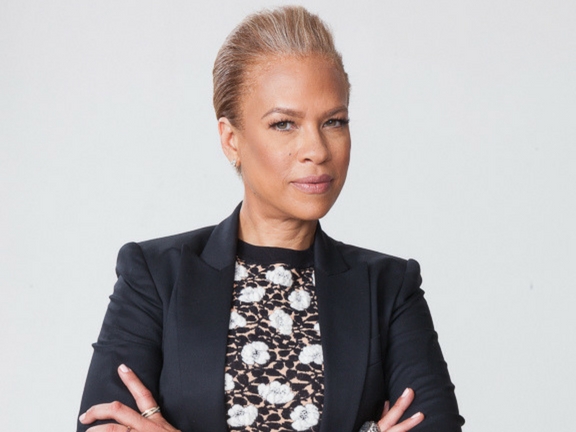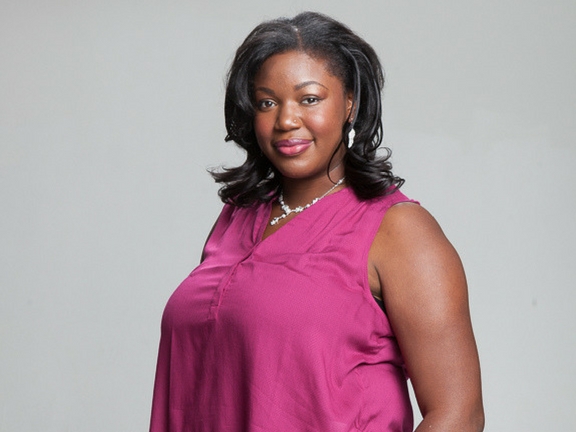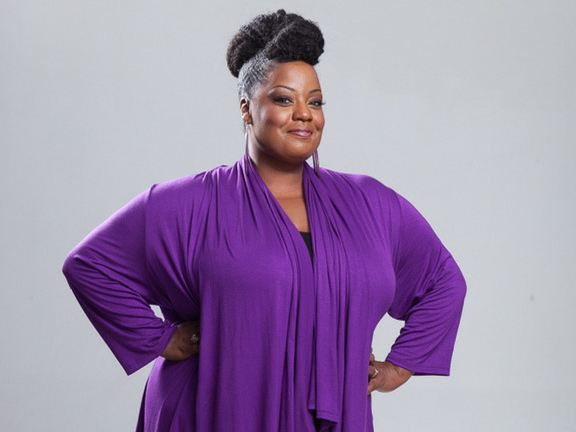INTRODUCTION
GINA: I never looked at it like I was a person who had experienced domestic violence, I just thought I was a chick who got beat up sometimes.
LYNEEAA: This had been going on for years, and I didn’t connect it, and I realize that he’s done that, he’s done that, he’s doing that now.
MARIA: Unfortunately because of my past and my childhood, I found myself in that cycle of finding what was normal to me, which was violence.
MICHELLE: Sometimes you believe the lie that we’re told growing up that you stay in a relationship and it’s abusive, because you don’t tell nobody your secret.
VICKIE: I can, even though I’ve been through what I’ve been through, I can have an amazing life.
TONYA LEWIS LEE (HOST): We’re all on a journey, and we’re all experiencing different things and working through them.
1. UNDERSTANDING THE ISSUES (1:29)
TONYA LEWIS LEE (HOST): Well, hello you guys, it’s wonderful to be here with all of you, such a powerful uh, beautiful group of women. We are here today to talk about the intersection of HIV and intimate partner violence or IPV and how it affects women. Despite the fact that these issues are affecting many women, and they are often connected, these issues are not discussed. So we want to start with a big picture. Gina, can you just provide a snapshot for us of the issues and what is going on?
GINA: The 300,000 women who are living with HIV, half of us have um, or are currently experiencing intimate partner violence in some form. That can be physical, emotional, psychological and it’s something we don’t talk about. IPV impacts HIV in a way that, it can either drive the epidemic by when we are with these men who are abusive and they don’t want to use condoms. Or it can impact our health in a way that they don’t want us to go to the doctor, we are in a depression — if you are depressed already, you don’t feel good.
MICHELLE: To even have that conversation about using the condom, because you know, then that would mean that he’s doing something wrong and I don’t want to risk getting beat that day. So yeah, I might put up with some of that stuff. I might put up with him doing what he does, just for the safety of myself and my children.
LYNEEA: I know for me personally, I didn’t even identify with being in a violent relationship because I thought it was — that was right. I never looked at unhealthy relationship and saw myself.
MICHELLE: Yeah, I thought it was normal as well. That’s all you know, that’s all that’s happened to you. That, when you do become positive and you get — and it’s reinforced through the people that, again, that you are dating, you know, saying, well, you know, be lucky that I’m with you. I’m thinking is well, some love is better than no love at all. So, I’m willing to accept that kind of love, no matter how much — how much I see that it’s not good for me.
VICKIE: People want to separate those of us living with HIV as if we’ve deserve what we have.
TONYA: As if you have done something wrong.
VICKIE: It is an illness, that it’s treatable and we can live a normal lifespan and none of us did — and it doesn’t change any of our worth. At all.
MARIA: The more that we show our faces, the more that we humanize this condition of HIV and maybe we could empower other women to see that this can affect them and it is affecting them, communities of color especially.
GINA: The highest population of HIV positive women are black women. And we are not that big of a population to start with, you know? Um, and it — breaks my heart. It breaks my heart because HIV is preventable.
MARIA: I believe the Latino um, community is second as well communities of color and this is a huge problem.
MICHELLE: HIV didn’t speak to me, you know? Back then it was just — you know, I assumed it was a white gay man’s disease. And that black folks didn’t get it.
Tonya Lewis Lee – lawyer, producer and women’s health advocate – talks with five incredible women living with HIV who have experienced intimate partner violence. By sharing their own experiences, the women seek to take away the silent shame many dealing with these issues feel and show there is a way forward.


